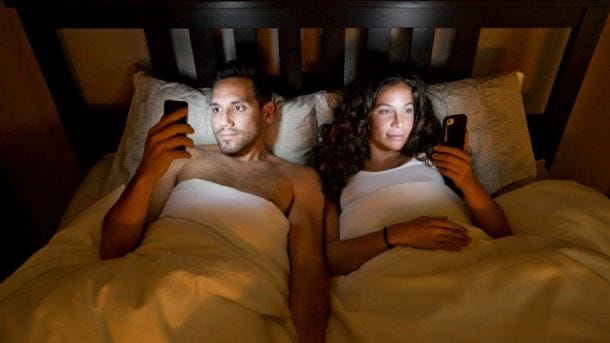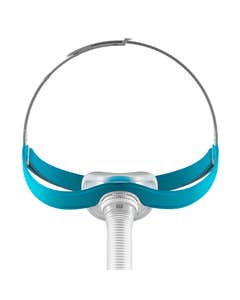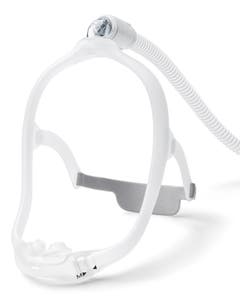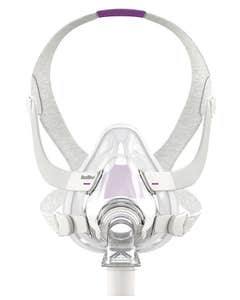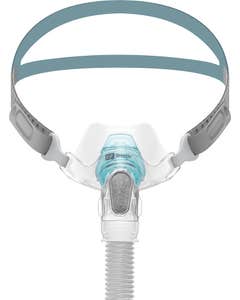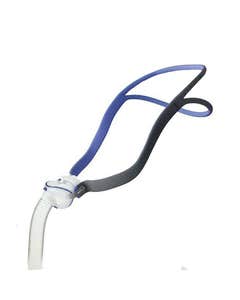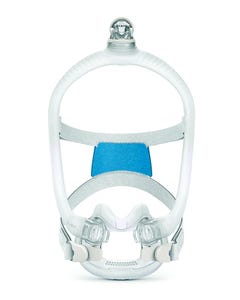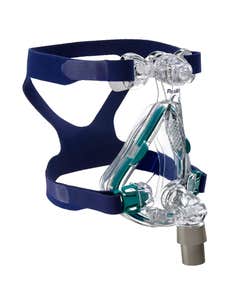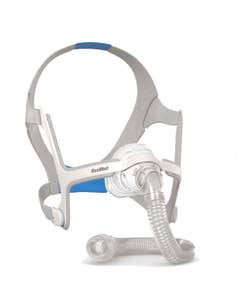How Do Phones Affect Sleep And Disrupt Healthy Living?
Humans have a circadian rhythm built in. Our circadian rhythm is tuned to relax or become energetic based on the natural light from the sky (the sun vs the moon and stars). In our age of digital and artificial lights, however, the circadian rhythm frequently gets interrupted. Lights from phones and computers are considerably less bright than the sun but considerably brighter than the moon and stars.
When our circadian rhythm senses that it's dark and it's time to relax, a gland in the brain lowers blood pressure, glucose levels, and body temperature to make us sleep more restfully. When our phones and tablets and eReaders are producing light somewhere in between that of the sun and the moon, however, our circadian rhythms get confused. The brain doesn't produce the right amount of chemicals to prepare the body for sleep, cool the body temperature, lower the blood pressure, and do a host of other things.
What's more, the digital screens on our computers, smartphones, and tablets emit a light called blue light (it's in a different place on the light spectrum than natural light). Our brain actually reduces the amount of sleep-inducing chemicals even further when it sees blue light from a screen as compared to when it sees, say, a regular night light.
How Do Phones Affect Sleep?
Using your phone before bedtime can certainly affect the way you sleep at night. Scrolling on your phone is a distraction that actually stimulates your brain and keeps you up at night. This, as a result, delays your sleep cycles and alters the time spent in REM sleep, a very important sleep stage. Although smartphones and their continued advancements have been very beneficial over many years, they still bear a negative effect on your sleep. It's highly encouraged to have a bedtime routine that you follow every night and turn off any screens as you are going to bed.
Additionally, the blue light that is emitted from cellphones and other electronics does not only keep you awake, but it also can impair your vision. Exposure to blue light changes a body clock and throws off a person's circadian rhythm. Blue light also suppresses melatonin, a hormone that your brain produces in response to darkness. When your body is low on melatonin, a person will be more tired and irritable throughout the day.
What is the Ideal Time to Stop Using Your Phone?
While there's no exact time you should put down your phone, it is recommended to not use your phone for at least an hour before going to bed. Additionally, turning off your TV or other electronic devices at this time is also recommended. This will create a dark and relaxing environment, making it easy to fall asleep distraction-free.
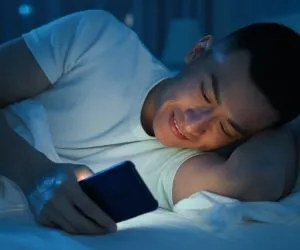

Risks of Using Your Phone Before Bed
Outside of feeling sleepy after reading on your tablet before bed, why should it matter to you that your sleep is getting interrupted? Many studies have found that interrupting the sleep chemicals in your brain can actually lead to a slew of other health problems beyond just making it harder for you to fall asleep.
Most studies indicate that exposure to dim light at night in the short term can lead to depression, and in the long term, can even lead to cancer. A study over a period of several years suggested women exposed to dim light at night were 22% more likely to develop breast cancer.
Additional risks include weight gain (because of increased likelihood to snack at late hours), heart problems, premature aging, and dulled immune system response.
Tips to Not Using Your Phone Before Bed
There are a few ways to stop using your phone before bedtime. They include:
- Invest in an alarm clock so that your phone is not right next to your bed.
- Plug your phone in to charge elsewhere, not near your bed.
- End your texting conversations so you are not tempted to look at your phone.
- Put your phone in Do Not Disturb mode.
Conclusion
If you are struggling with sleep in other ways, it may be time to get tested for sleep disorders like sleep apnea. Our partner, Sleep Care Online, offers a convenient at-home sleep apnea test that can diagnose you from the comfort of your own home. Additionally, if you already have sleep apnea, The CPAP Shop offers top-quality products to help treat sleep apnea. We provide CPAP machines, masks, and other products that our team would be happy to help you select the best ones for you. Give us a call at 866-414-9700 today!



